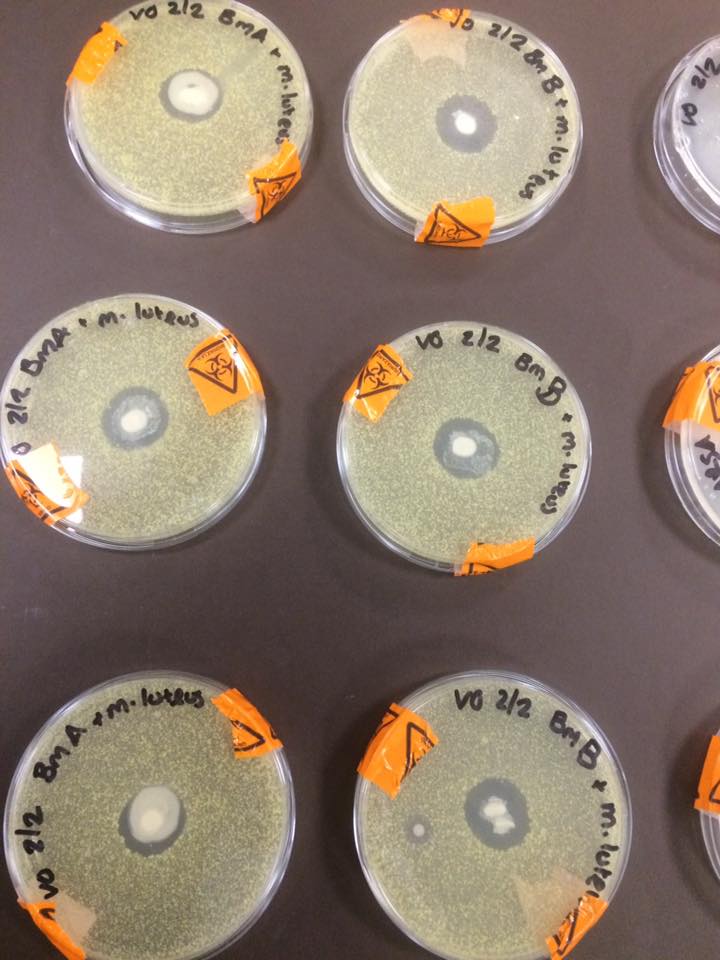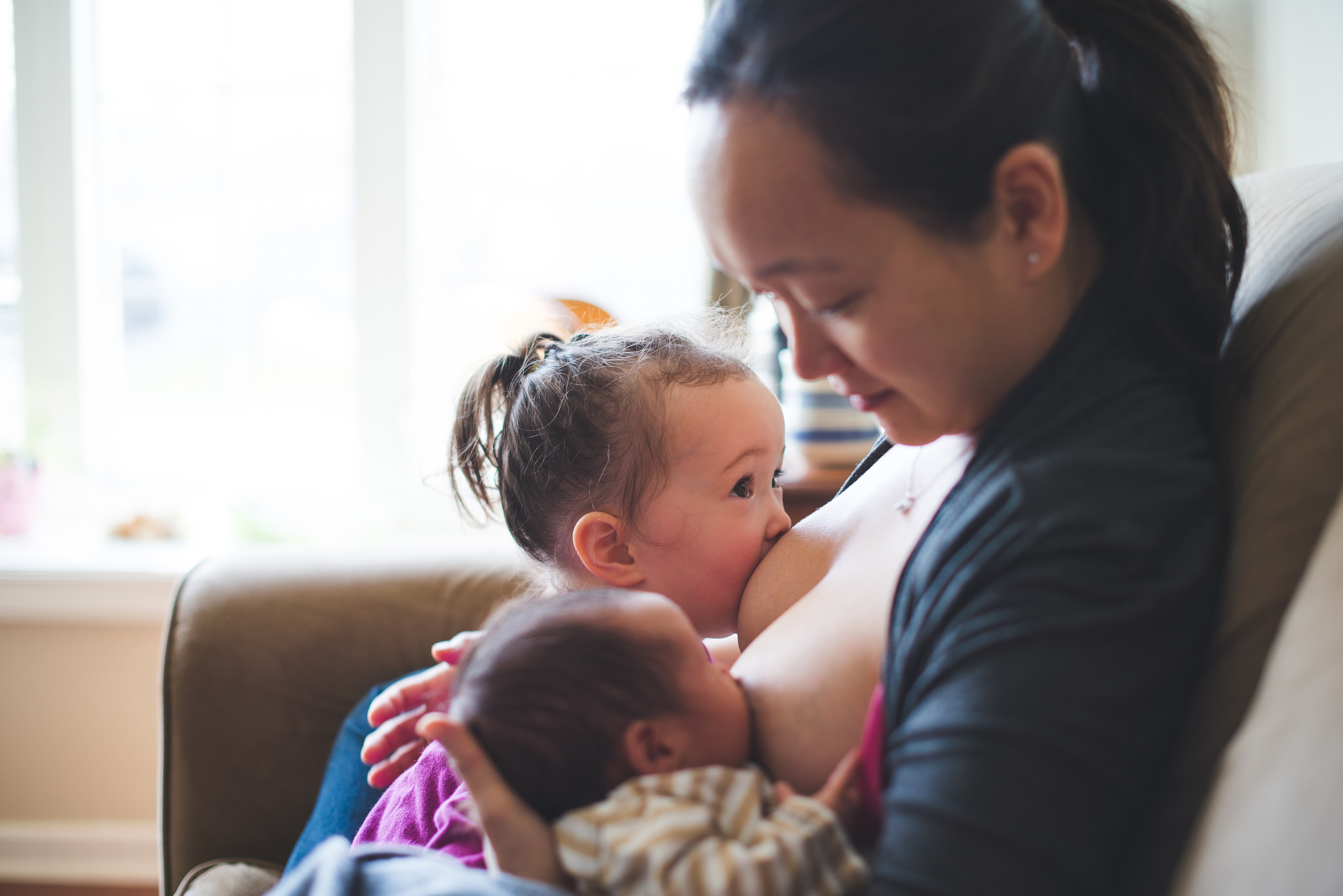Why This Photo of Breast Milk is Going Viral

By:
There's a reason why this photo of nine petri dishes of bacteria has over 23,000 shares on Facebook.
 Vicky Greene/Facebook - facebook.com
Vicky Greene/Facebook - facebook.com
Vicky Greene, a first year biosciences student at South Devon College, examined breast milk for a research project and discovered that breast milk has the ability to fight off infection. The 31-year-old mom of three posted an image of the petri dishes from the experiment on her Facebook page where she explained the results, "the white spots in the middle are discs soaked in two samples of breast milk. See the clear bit around the discs- that's where the proteins in the milk have inhibited the bacteria! I'm so excited!!! It also worked with E. coli and had a fairly good go at MRSA too....the future is bright, the future is breastmilk."
The experiment:
- Greene took nine petri dishes of the bacteria micrococcus luteus, also known as M. luteus.
- She took sample of breast milk from two different nursing moms: one nursing a 15 month old, which she labeled BmA, and the other from a mom breastfeeding a 3 year old, which she labeled BmB.
- She then added the breast milk to the bacteria in the petri dishes.
- She found a protective circle surrounded the breast milk (pictured above), meaning the milk was working to actually ward off the bacteria.
 David D/Flickr - flic.kr
David D/Flickr - flic.kr
This isn't the first time studies have proven the power of breast milk.
The University of Gothenburg in Sweden published a study in 2010 revealing there's a "substance" in breast milk that can kill cancer cells. The substance, known as Human Alpha-lactalbumin Made LEthal to Tumour cells (HAMLET), is a protein complex that was discovered by accident.
They found that "patients with cancer of the bladder who were treated with the substance excreted dead cancer cells in their urine after each treatment, which has given rise to hopes that it can be developed into medication for cancer care in the future."
The American Academy of Pediatrics (AAP) recommends mothers exclusively breastfeed for the first six months and then continue until the baby is 12 months and beyond in addition to solid foods, with the World Health Organization (WHO) recommending that moms continue breastfeeding in addition to food until the child is age 2 and beyond.
There has already been significant evidence from AAP which suggests breastfeeding is best for baby because it reduces the risk for respiratory tract infections, gastrointestinal tract infections, sudden infant death syndrome (SIDS), celiac disease, and it creates a protective effect to reduce risk to developing an allergy.
Now, Greene's findings are likely even more evidence that there are beneficial properties in breast milk that we're only just beginning to discover.
